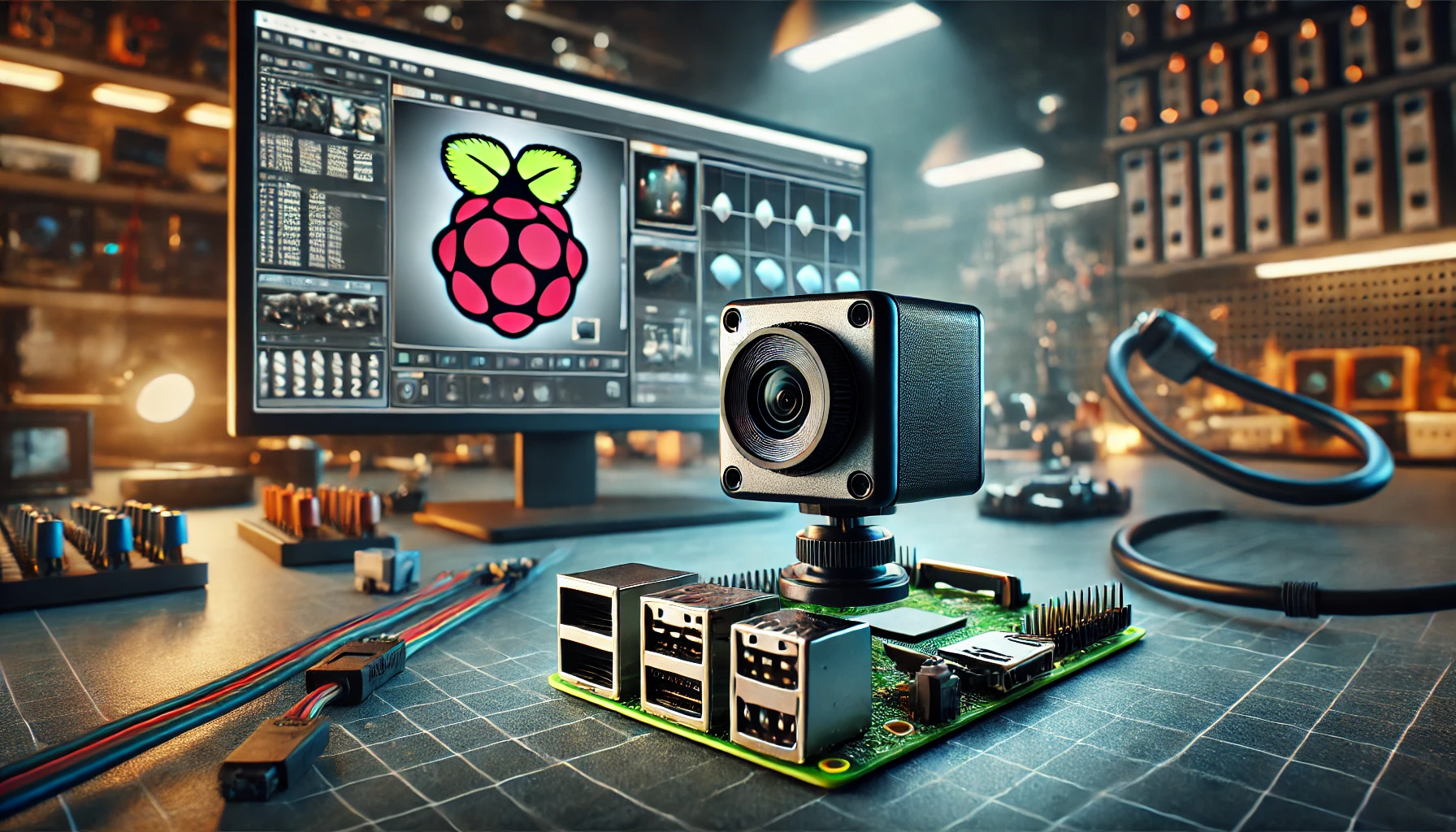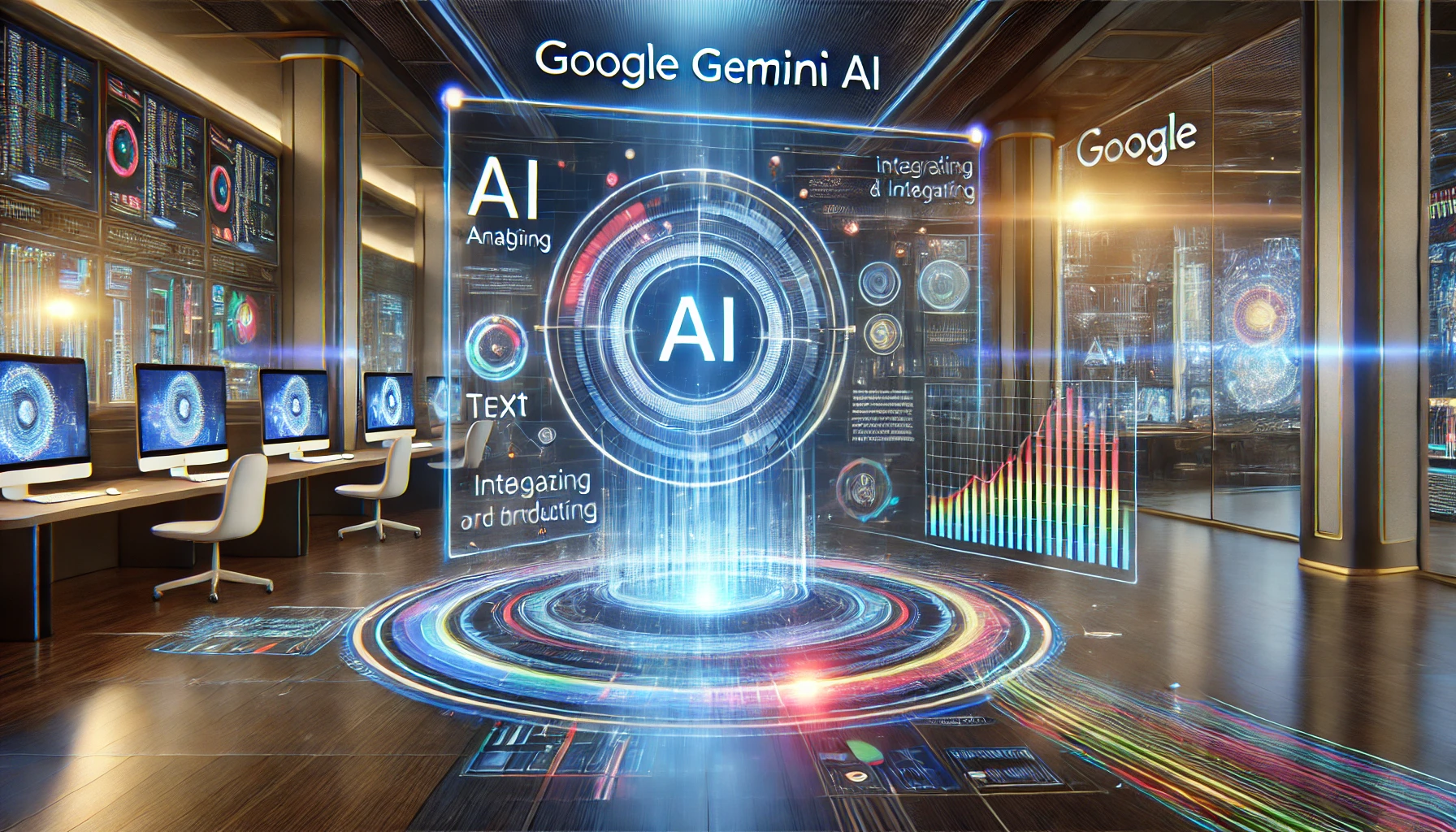
Raspberry Pi has taken a significant leap in the realm of vision-based AI by introducing its AI Camera Module, powered by Sony’s IMX500 sensor. This new device offers advanced imaging capabilities, integrated AI processing, and seamless compatibility with all Raspberry Pi computers. Here’s everything you need to know about this exciting new release and its potential applications.
Technical Overview
At the heart of the Raspberry Pi AI Camera is the Sony IMX500 Intelligent Vision Sensor, a 12 MP image sensor that can process images using neural network models. This is paired with Raspberry Pi’s RP2040 microcontroller, allowing the camera to handle AI tasks without burdening the host device. This makes it ideal for real-time processing applications, such as object detection and image classification, as the AI inference happens directly on the camera, reducing the need for additional hardware.
The camera supports different resolutions and frame rates, including 4056 x 3040 at 10 fps and 2028 x 1520 at 30 fps, providing flexibility for a variety of AI applications. It is also compact and lightweight, measuring just 25mm x 24mm, making it suitable for both DIY projects and industrial use.
Applications and Use Cases
The new AI Camera is particularly designed for edge AI solutions, where real-time decision-making is required. Some potential use cases include:
- Smart Cities: The AI Camera can be integrated into smart city infrastructure for applications such as monitoring traffic flow, detecting vacant parking spots, or enhancing public safety with real-time surveillance.
- Industrial Automation: In factories, the camera can be used for automated quality control by detecting defects in products as they pass through assembly lines, increasing efficiency and reducing human error.
- Agriculture: The camera’s ability to analyze visual data makes it valuable in agriculture for monitoring crop health, detecting pests, or optimizing water usage through AI-based analysis.
- Home Automation: Tech enthusiasts and makers can utilize the AI Camera for home security systems or even create smart assistants that can recognize objects or gestures.
AI Capabilities Out of the Box
The Raspberry Pi AI Camera comes pre-loaded with MobileNet-SSD, a popular object detection model that can recognize objects in real-time. This enables users to start using AI functionalities without the need for extensive setup or programming. Additionally, the camera integrates smoothly with the Raspberry Pi ecosystem, meaning it can leverage existing software tools, further simplifying development.
Cost and Accessibility
Priced at $70, the Raspberry Pi AI Camera is a cost-effective solution for developers and businesses looking to implement AI-driven applications. It is compatible with all Raspberry Pi models, unlike the AI Kit, which only works with the Raspberry Pi 5, making it a versatile option for a broad range of users.
Conclusion
The Raspberry Pi AI Camera represents a major step forward in making vision-based AI more accessible. With its compact design, integrated AI capabilities, and broad compatibility, this new camera module opens up a world of possibilities for both hobbyists and industries alike. Whether you’re building a smart home system, automating industrial processes, or enhancing city infrastructure, this camera is poised to be a game-changer.
This device will surely boost innovation in edge AI by making high-end image processing and real-time AI tasks affordable and easy to implement.





